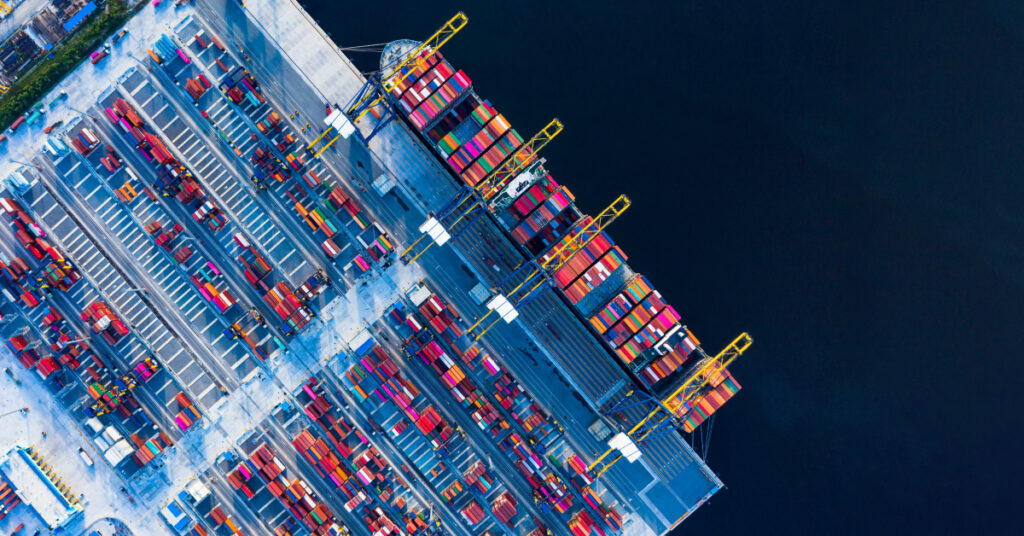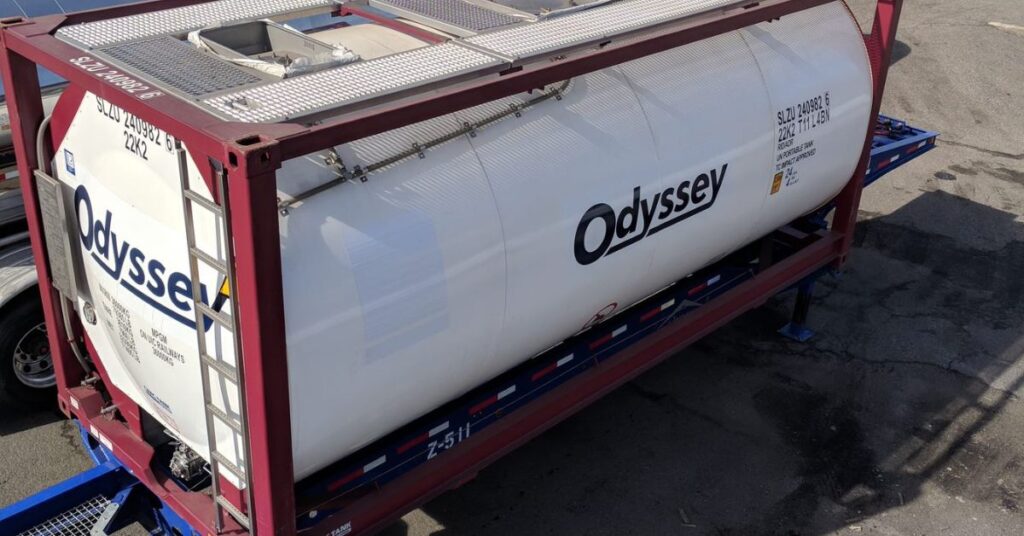By Maneet Singh, Chief Information Officer
“Do you think the logistics industry is ready for data sharing?”
I recently participated in a technology panel at the IANA Intermodal EXPO where this question was asked. Data sharing refers to the practice of making company data available across multiple applications, people, or organizations. It’s critical for the functioning of the supply chain: it improves visibility, coordination, tracking, inventory management, and so many other core functions.
Despite this, we’ve yet to see a wide-scale adoption of advanced data sharing practices or strategies. Why?
On one level this is a systemic problem. The industry on the whole suffers from data standardization problems — with incommensurable data formatting practices and regionally-specific protocols that make the idea of global data sharing an impossibility. Moreover, the few organizations in the supply chain that have managed to achieve basic data competency are often understandably skittish about surrendering this competitive advantage.
But for most logistics companies, the problems begin internally. The sad truth is that many if not most supply chain companies just don’t have any data worth sharing. The main reason for this? Companies remain stuck with legacy IT systems that are woefully outdated and disconnected from one another. Data sharing needs to become a reality internally before it can become a standard industry practice. As such, supply chain leaders should be working to break down the silos that exist within their own organizations.
Much of the core technology at many companies was designed before the era of digital transformation. This technology, including old ERP systems, inventory management systems, and transportation management systems, isn’t built to support the more agile functioning afforded by cloud platforms, APIs, or external data sources. What this means is that many core aspects of business are not able to talk to one another. One department might use one ERP and another department might use another—or even Excel spreadsheets. These incompatibility issues create massive bottlenecks.
Current solutions leave much to be desired. Companies are forced to rely on manual data processes or lackluster middleware that cost time and money, slowing down operations and introducing countless inefficiencies. What’s called for is a bolder, more expansive vision.
While wide-scale data sharing may be a distant goal at this point in the supply chain’s development, the first step is clear. Companies need to get their house in order, solving the data sharing problem within their own organizations. In doing so, they can begin to surface the information and insights that would make industry-wide data sharing useful in the first place. The status quo—of incoherent systems held together by middleware— is a nonstarter.
2024 was a year of continual disruption, from various geopolitical conflicts to port disruptions. These shocks provoke two different responses, often simultaneously. Companies share information or resources with each other to spark innovative responses and meet the needs of the moment. Or they get skittish, isolating themselves even further and entrenching themselves deeper in familiar habits and patterns of action.
Logistics has seen both these impulses in the last few years. But when it comes to data governance, we haven’t seen enough of the first. The industry-wide tech adoption lag is still holding us back—in many cases, our foundational systems are so outdated that there isn’t much data to share. And, at an intuitive level, data sharing makes us nervous. Many leaders in the industry are aware that data is the future of logistics. And organizations that have worked hard to build data competency are afraid that by data sharing, they’ll be surrendering a core competitive advantage.
A lesson from the global economy
There’s some truth to this idea, but it’s not the whole story. It reminds me of a common argument from before globalization. People worried that opening up to other countries would mean they’d lose control of their economy. However, history has shown us that this isn’t the case. Free trade has helped everyone, leading to more competition and a stronger global economy.
Logistics faces a similar tipping point around data sharing. Continuing to jealously guard our small stack of blocks is a losing strategy — particularly in an industry like ours whose day-to-day operations depend so much on cooperation and connection. Our competitors in one aspect of the work are often our collaborators in others. And though still at early stages, much of the industry’s most useful technology draws its utility from data sharing: for TMS’ to be genuinely useful, they must integrate with supplier data and EDI transactions from a number of sources.
Turning up the heat on competition
The way forward won’t be some kind of anarchistic open-source project. Rather, data sharing will provoke new levels of innovation, and even hotter degrees of competition in the industry, as companies will piggyback off each other’s successes to develop even more refined models of moving freight.
The industry may not be ready right now for large-data sharing. But maybe that’s asking the wrong question. Maybe the better way of putting it is: “How do we get it ready?”








